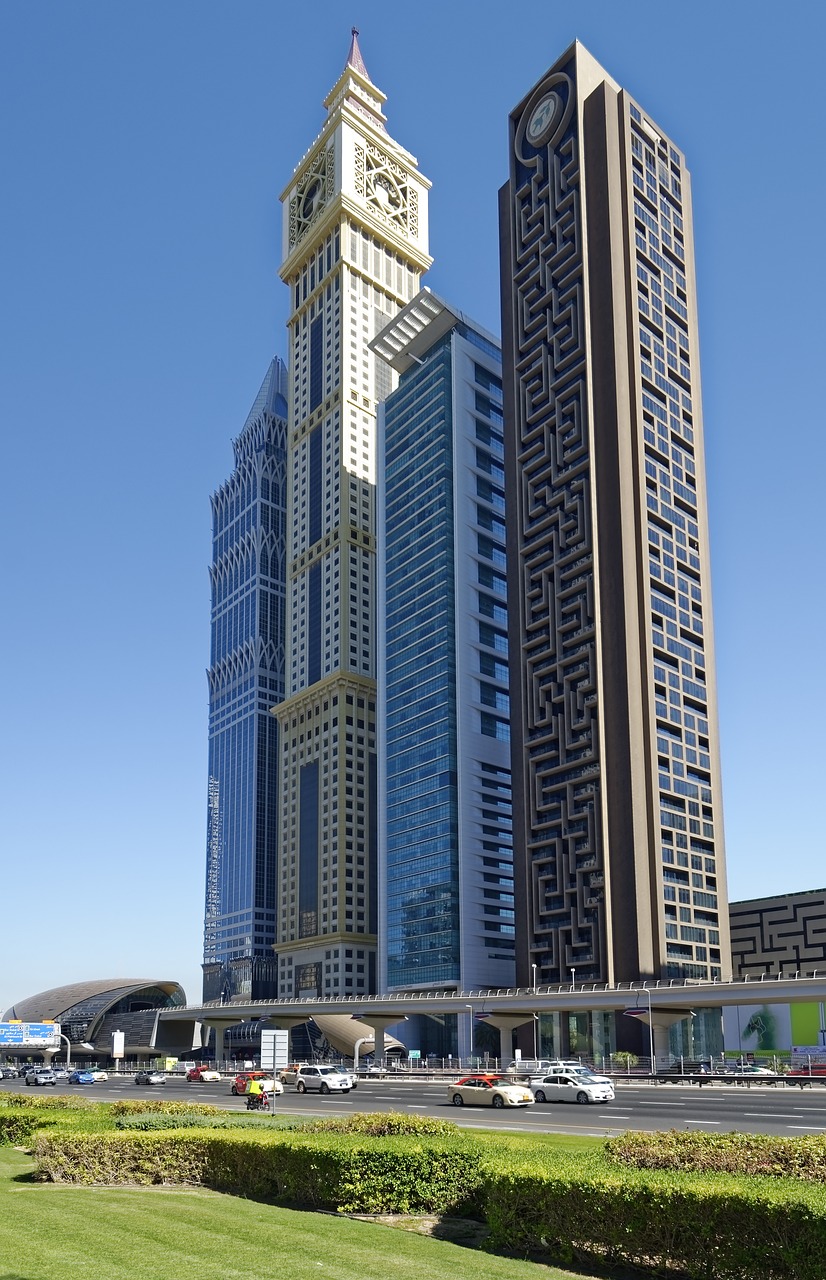United Arab Emirates Video
Adapting to United Arab Emirates Time Zones: Managing Remote Client Meetings
Remote work has become increasingly popular in today’s globalized world. With teams and clients spread across different time zones, it is crucial to effectively manage remote client meetings. This article will explore the challenges of adapting to United Arab Emirates time zones and provide strategies for successful remote client meetings.
Challenges of United Arab Emirates Time Zones
United Arab Emirates (UAE) is located in the Gulf Standard Time (GST) zone, which is 4 hours ahead of Coordinated Universal Time (UTC+4). This time difference can pose challenges when scheduling remote client meetings, especially when dealing with clients from different parts of the world. Here are some challenges to be aware of:
- Time zone disparities: The time difference between UAE and other regions can make it difficult to find mutually convenient meeting times. This is particularly challenging when working with clients from countries with significant time zone differences, such as the United States or Australia.
- Working outside regular hours: To accommodate clients in different time zones, professionals in the UAE may need to work outside their regular working hours. This can impact work-life balance and lead to potential burnout if not managed effectively.
- Communication delays: Scheduling meetings with clients in different time zones can result in communication delays. It is important to establish clear communication channels and set expectations regarding response times to ensure efficient collaboration.
Strategies for Managing Remote Client Meetings
To overcome the challenges of adapting to United Arab Emirates time zones and effectively manage remote client meetings, consider implementing the following strategies:
- Flexible scheduling: Be open to flexible scheduling to accommodate clients from different time zones. This may involve adjusting your working hours or exploring alternative meeting times that work for all parties involved.
- Time zone converters: Utilize online time zone converters to easily determine the best meeting times for clients in different regions. These tools can help you identify overlapping working hours and minimize scheduling conflicts.
- Clear communication: Establish clear communication guidelines with your clients, including response time expectations and preferred communication channels. This helps ensure effective collaboration and minimizes delays caused by time zone differences.
- Recorded meetings: Consider recording important client meetings to share with team members who may not be able to attend due to time zone differences. This allows for seamless information sharing and ensures everyone is kept up to date.
- Regular check-ins: Schedule regular check-ins with remote clients to maintain open lines of communication and address any concerns or challenges. This helps build trust and ensures that everyone is on the same page despite the time zone disparities.
- Respecting boundaries: While it may be necessary to work outside regular hours occasionally, it is important to establish boundaries to maintain work-life balance. Set clear expectations with clients regarding availability and communicate any limitations upfront.
United Arab Emirates Image 1:

Strategies for Successful Remote Client Meetings (Continued)
Utilizing technology:
- Video conferencing: Make use of video conferencing tools to enhance remote client meetings. Visual communication can help build stronger connections and facilitate better understanding between team members.
- Collaborative platforms: Utilize collaborative platforms such as project management tools, document sharing platforms, and virtual whiteboards to enhance remote collaboration. These tools promote efficient communication and streamline project workflows.
- Task management: Implement effective task management systems to ensure that everyone is on track and aware of project deadlines. This helps maintain accountability and ensures that remote client meetings are productive.
United Arab Emirates Image 2:

Strategies for Successful Remote Client Meetings (Continued)
Building rapport:
- Virtual team-building activities: Organize virtual team-building activities to foster a sense of camaraderie among remote team members. This helps build rapport and improves collaboration during client meetings.
- Active listening: Practice active listening during remote client meetings to ensure that all parties feel heard and understood. This helps establish stronger client relationships and promotes effective problem-solving.
- Cultural awareness: When working with clients from different cultures, it is essential to be culturally aware and respectful. Familiarize yourself with cultural norms and etiquette to avoid any potential miscommunications or misunderstandings.
United Arab Emirates Image 3:

Conclusion
Adapting to United Arab Emirates time zones and effectively managing remote client meetings requires careful planning and communication. By employing strategies such as flexible scheduling, clear communication, and utilizing technology, professionals can overcome the challenges of time zone differences and ensure successful collaboration with clients from around the world.
References
– timeanddate.com
– worldtimebuddy.com
– join.me
– slack.com
– asana.com
– zoom.us


